A survey of lead times has led investment bank Morgan Stanley to claim that iPhone 16 orders are lower than for its predecessors.
The iPhone 16 and iPhone 16 Plus may have sold 37 million in their first weekend, and Russians are ordering more despite that country facing much higher prices on iPhones. In a message to investors that has been seen by AppleInsider, Morgan Stanley says that its surveys show iPhone 16 demand is lower than before.
Specifically, on average, those lead times (compared to 2023's ) are:
- iPhone 16 Pro Max 25.5 days (instead of 43.5 days)
- iPhone 16 Pro 18.5 (instead of 32.5)
- iPhone 16 9 (instead of 14)
- iPhone 16 Plus 7.9 (instead of 13.9)
"When we aggregate all of our iPhone lead time data," says Morgan Stanley, "average iPhone 16 lead times from pre-order to today stands at 14 days, shortest amongst all cycles in the last 5 years and roughly in-line with the iPhone 12 cycle."
Morgan Stanley does conclude that it believes we are more than 50% likely to see Apple cut its supply orders. However, the analysts also maintain that lead times early on in a product's lifespan "still have very limited predictive power."
Lead times are always dependent on how much stock Apple has — and Apple never reveals this figure. So it's possible that Apple has actually done a better job at manufacturing sufficient iPhones for the demand it has.
However, there are practical limits to manufacturing and on Apple's schedule. While it cannot ever be conclusive, it's at least partially reasonable to compare any one year's iPhone to previous ones.
Consequently, comparing the iPhone 16 range to earlier years, the iPhone 16 Pro Max has a lead time 14 days shorter than the iPhone 14 Pro Max, and 7 days shorter than the iPhone 13 Pro Max. The iPhone 16 Pro's lead times are 14 days shorter than the iPhone 15 Pro, iPhone 14 Pro, and iPhone 13 Pro.
Separately, Morgan Stanley reports that initially users appear to be upgrading because of having old phones, or looking for the improved battery life and camera systems of the new models. They are not, so far, buying because of Apple Intelligence — though Morgan Stanley recognizes that only a few people surveyed will have been using the beta version of iOS 18 with that.
 William Gallagher
William Gallagher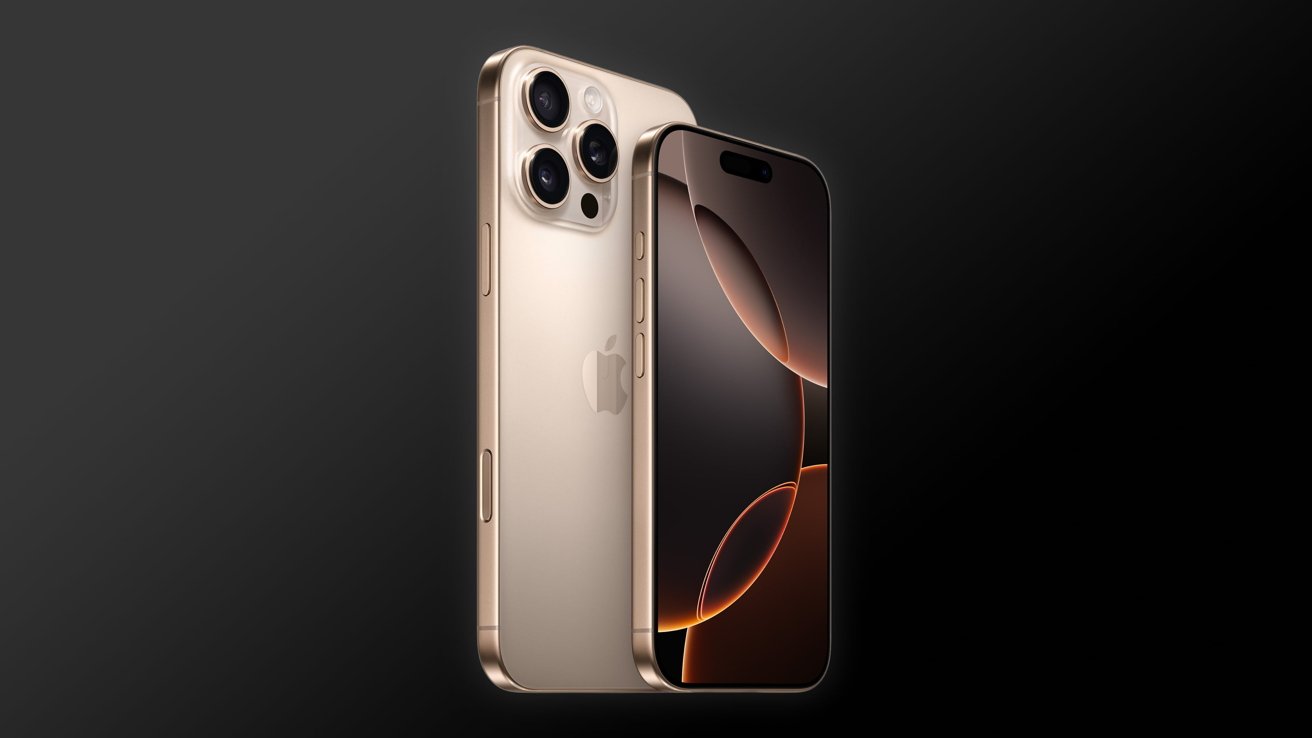
-xl.jpg)

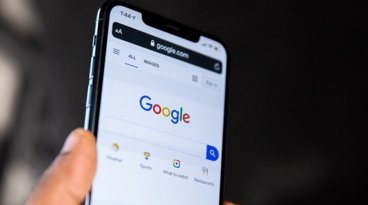



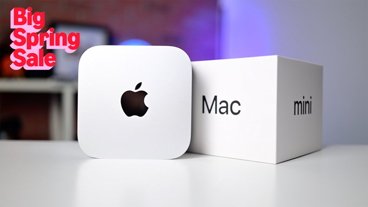
-m.jpg)






 Sponsored Content
Sponsored Content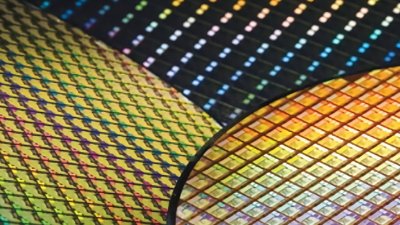
 Malcolm Owen
Malcolm Owen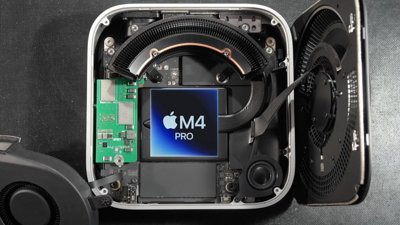
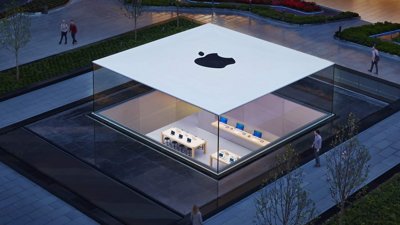
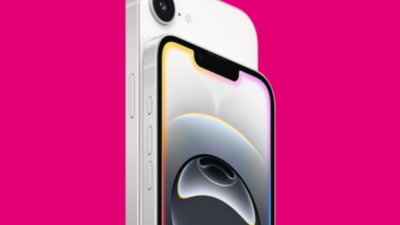
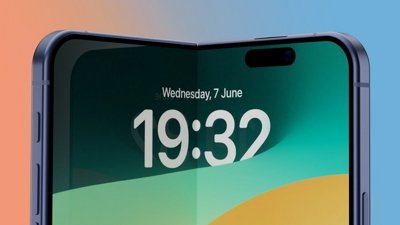
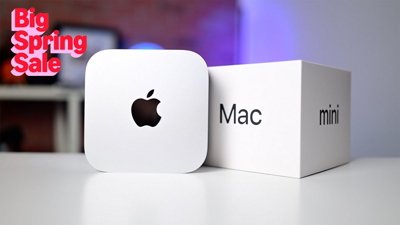
 Christine McKee
Christine McKee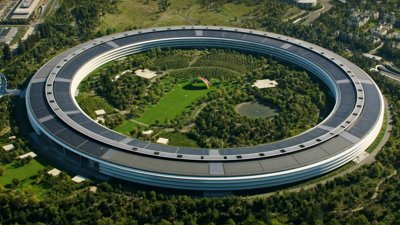
 Wesley Hilliard
Wesley Hilliard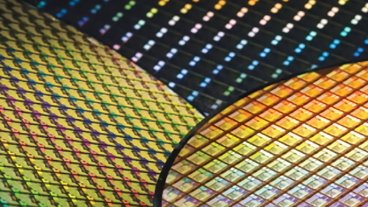
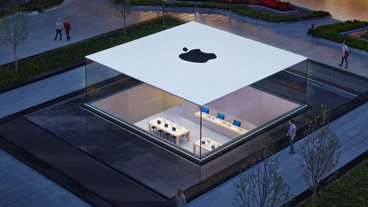
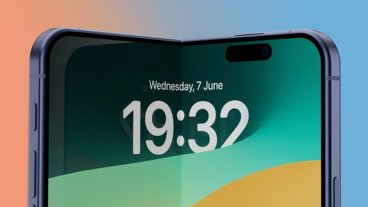





18 Comments
Maybe he’s right, at best.
Could it be that Apple overestimated the initial interest in the iPhone 16 based on the addition of Apple Intelligence in the coming months? If so, shorter lead times does not automatically mean the iPhone 16 is not selling well. They may have set up for higher demand and are now seeing shorter lead times as a result. It's certainly reasonable to posit that we will not see a lot of demand for the new models as a result of AI at this time on account of the AI features are not yet available. It's also the case that those features, to be of interest, consumers have to feel there is a meaningful upgrade in the user experience. With few users in the wild having access to Apple Intelligence, how is that supposed to happen exactly. Apple plays a long game, one that has proven effective yet isn't for those looking for dramatic instantaneous results. Take the Apple Watch as an example. Initially it didn't seem like it was all that big a deal but today many - myself included - regard the device as indispensable. Over time, Apple has enhanced the value of the product and afforded upgrades to products several years old. My fourth-generation watch only now is ineligible for any future upgrades but I've had it for several years and it still does what it does. I'll probably upgrade to a new one in the next year or so. AI will be like that. Start off modestly but evolve into an indispensable must-have that will motivate current long-time iPhone owners to upgrade. It's just not going to happen all at once.
To make assumptions about demand based upon lead times seems pretty desperate. I know that’s all the analysts have to go on since Apple is so tight lipped and they are grasping at anything. I get it. However when the CEO of the second largest carrier says iPhones sales are very strong, the reports of weak demand is “nonsense” and the pros are crushing it I believe that. Why? because this guy is on the front lines and he needs to be very careful as to what he says or the SEC comes knocking. Also those lines were amazing over the weekend and that says a lot too.